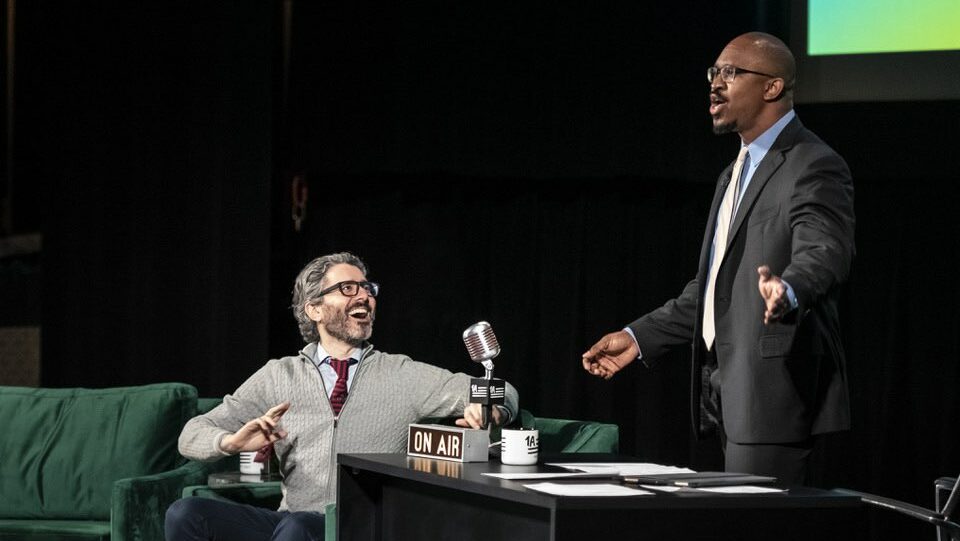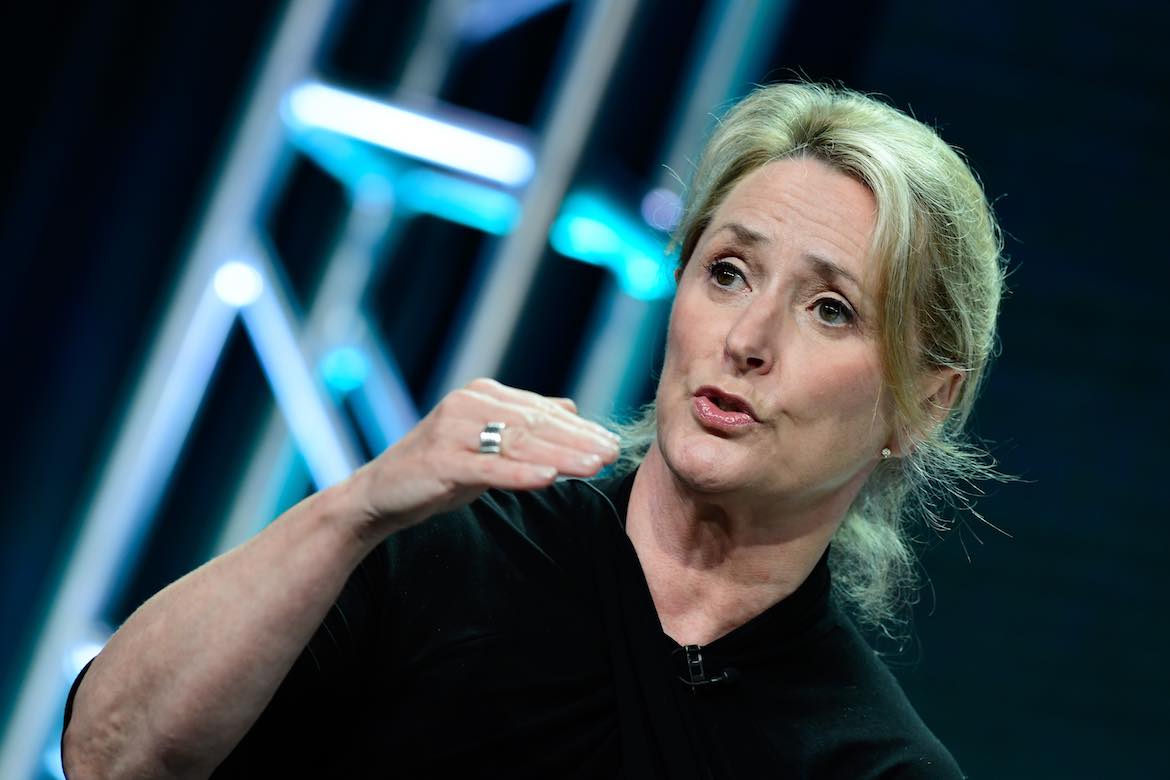Tag: Program development
To bring audiences back, make shows that people will go crazy for
Letting go of fear and perfectionism empowers creative teams to take courageous leaps that turn viewers and listeners into fans.Five stations selected for Ready to Learn podcast accelerator
The program gives stations "the opportunity to explore innovative ways to help parents and children learn together,” said CPB's Debra Tica Sanchez.‘Masterpiece’ promotes Susanne Simpson in move to bolster program development
Simpson is stepping up to EP to allow Rebecca Eaton to focus on developing new original projects as EP-at-large.Where does Car Talk belong? Let listeners decide
In this commentary, NPR’s v.p. of programming responds to Ira Glass’s suggestion that stations not devote prime weekend airtime to Car Talk reruns after the Magliozzi ...Want new radio hits on Saturday? Step 1: Drop Car Talk when the guys retire
I enjoy Car Talk. I like those guys. And as a public radio lifer, I’m grateful for what Tom and Ray Magliozzi ...As cume slips, duo aims to keep PBS ‘relevant’
For the past four years under PBS President Pat Mitchell, the network has had two chief program executives: at headquarters in Alexandria, ...




